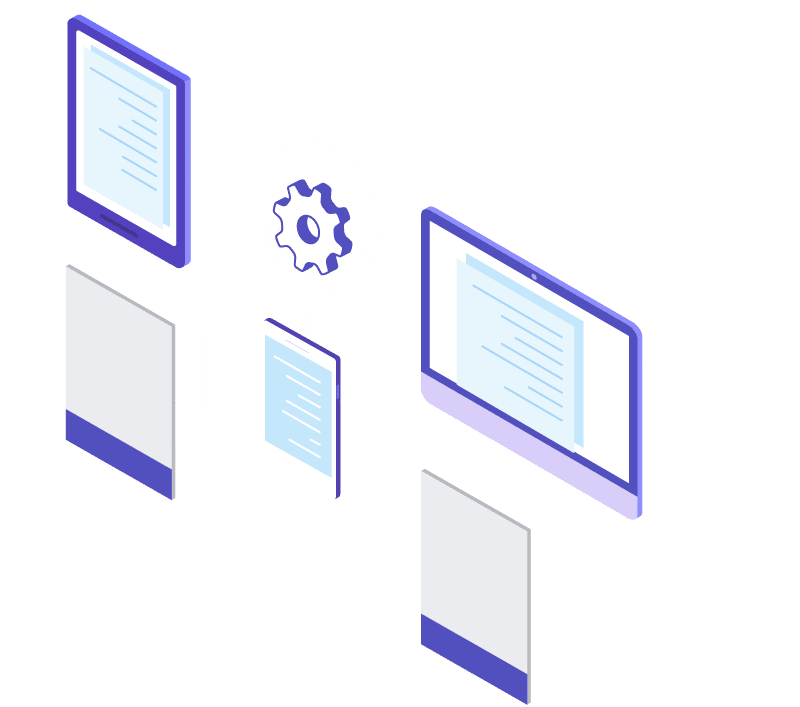Database Development for Museum/Heritage Collection Management 3 days
Outline
All museums and related heritage institutions have collections at the core of their knowledge. These collections may consist of thousands or even millions of objects and other items. One important part of best practice collection management is to document the collections including both the catalogue information concerning the collections and their items, and also the records associated with these for administrative purposes.
Prior to the availability of computers, cards and books were used for record-keeping, but today we rely on computer systems to capture this information. However, many museums still use paper records and large accession books, or may use Word or Excel, and a few may have developed their own databases in Access or other small-scale database tools. However, it has been our experience that none of these meet the requirements for a well-designed database system.
We provide the basics of good database design and how to develop a system which can meet your needs, and which is your own to upgrade as you want to. This is an alternative to the usage of a system such as our own ETHER Base, which is very large and complex, and which meets the Spectrum 5 requirements in full. However, your own needs may be far smaller, and you may bot have the institutional appetite to purchase or use a commercial collection management system at this time, and this workshop helps to get you part of the way, and to build your own database and system which can eventually migrate into a commercial system.
No prior experience with database or programming is needed, but you will be required to be familiar with the types of data which museums keep.

Learning Outcome
By the end of this training workshop it is expected that the delegates will be able to:
- Understand the principles and practices of database management, using the relational model of data : tables, columns/fields, data types, keys, indexes.
- Develop basic databases using Microsoft Access.
- Understand and use the core datatypes of Access.
- Set default values on fields.
- Develop a collection management database to include objects and their catalogue attributes, as well as their current locations and conditions.
- Create data entry forms to capture information.
- Develop a front-end menu form to allow for ease of access.
- Provide support for audit records.
- Provide support for movement records.
- Provide support for capturing of images of the items.
- Develop queries using the query editor.
- Develop reports using the report editor.
- Understand and Apply the database administration functions of providing multi-user access, backups, recovery, and server hosting.
Who Should Attend
IT Personnel, Collection Managers, Curators, and anyone who may wish to create their own databases for related purposes such as exhibitions, research, educational activities, etc.
Topics Covered
This workshop is both an Introduction to Database Development in Access, and also a workshop on building Collection Management Systems in Access.
The workshop will cover topics from the following list, adapted to the needs of the institution:
- Relational database theory and practice.
- The core terms and their meanings: database, table, field/column, data type, values, primary key, foreign key, indexes, constraints.
- Querying of databases using the query editors.
- Analysis of existing database systems.
- Design of a database model for collection records – core principles of a good design.
- Building forms for data capture, as well as using the datasheets view.
- Building a home page with buttons to open up the various functions.
- Building reports for common data needs.
- Integrate the database with existing procedures and paper-based forms.
- Making the database available to the other staff.
- Database management and administration functions.
Associated Workshops
Best Practice Collection Management using Spectrum 5 (two days)
Project Management for Heritage Institutions (two days)
ETHER Base Training Workshop (two days)
Dr. Roger Layton
Dr. Roger Layton has more than 40 years experience in IT and Heritage. He is in the mission of pursuing eternal heritage and he can assist you in your institution.

